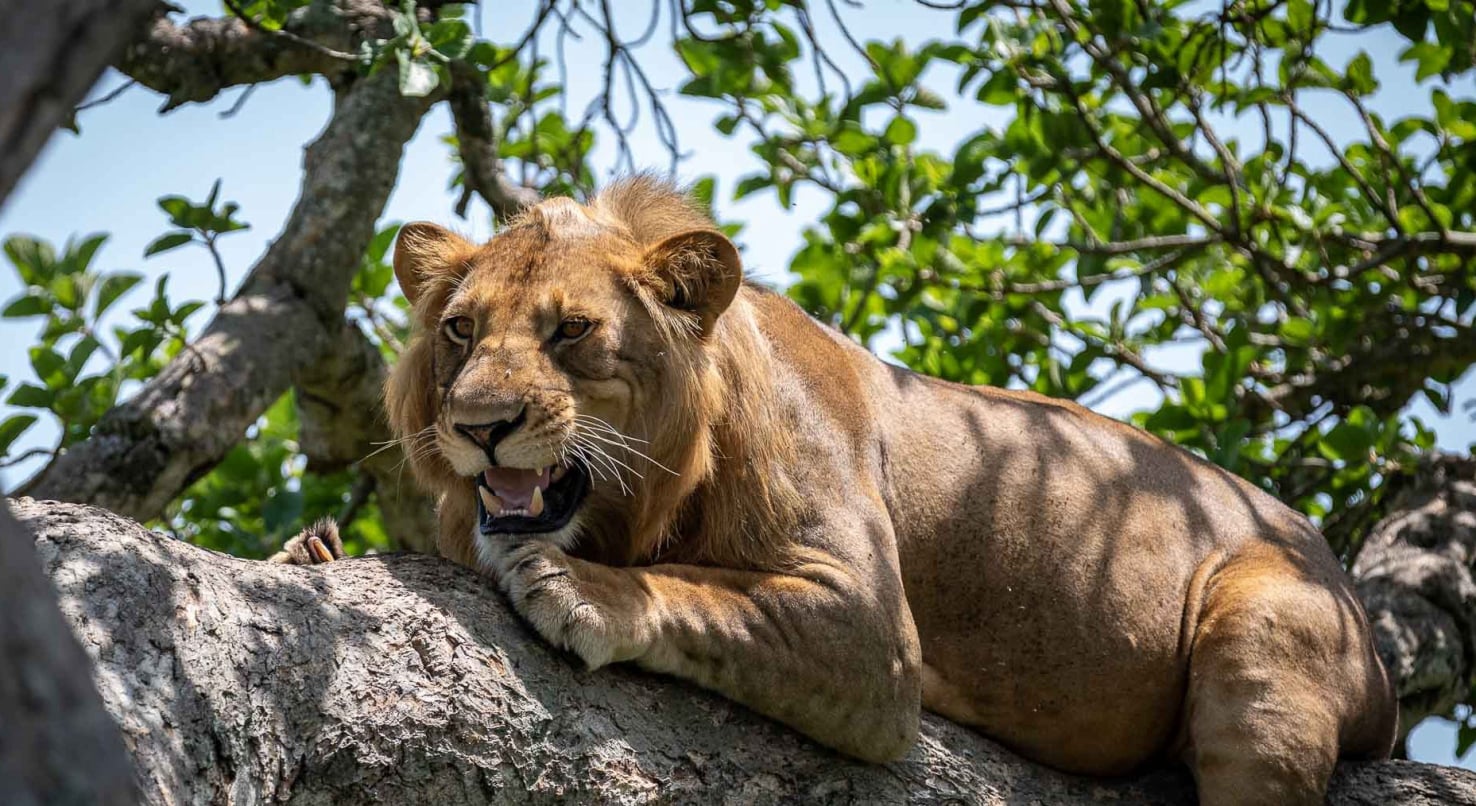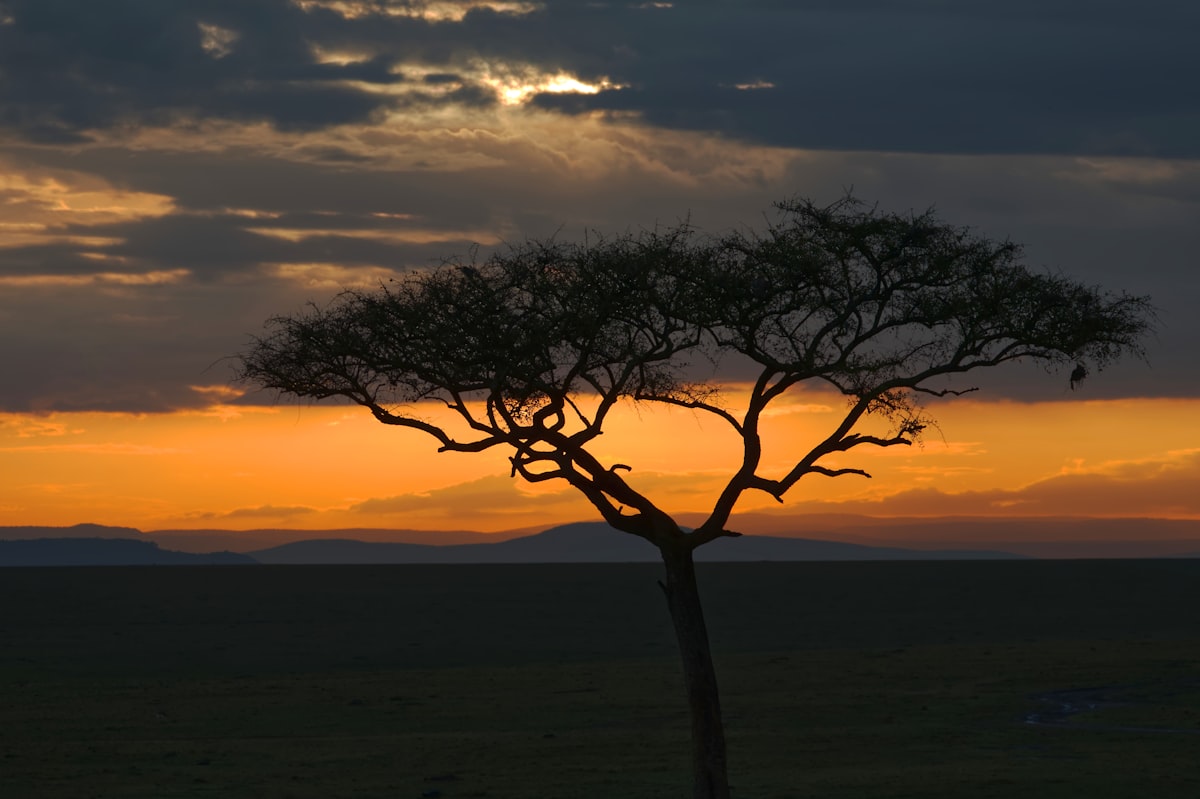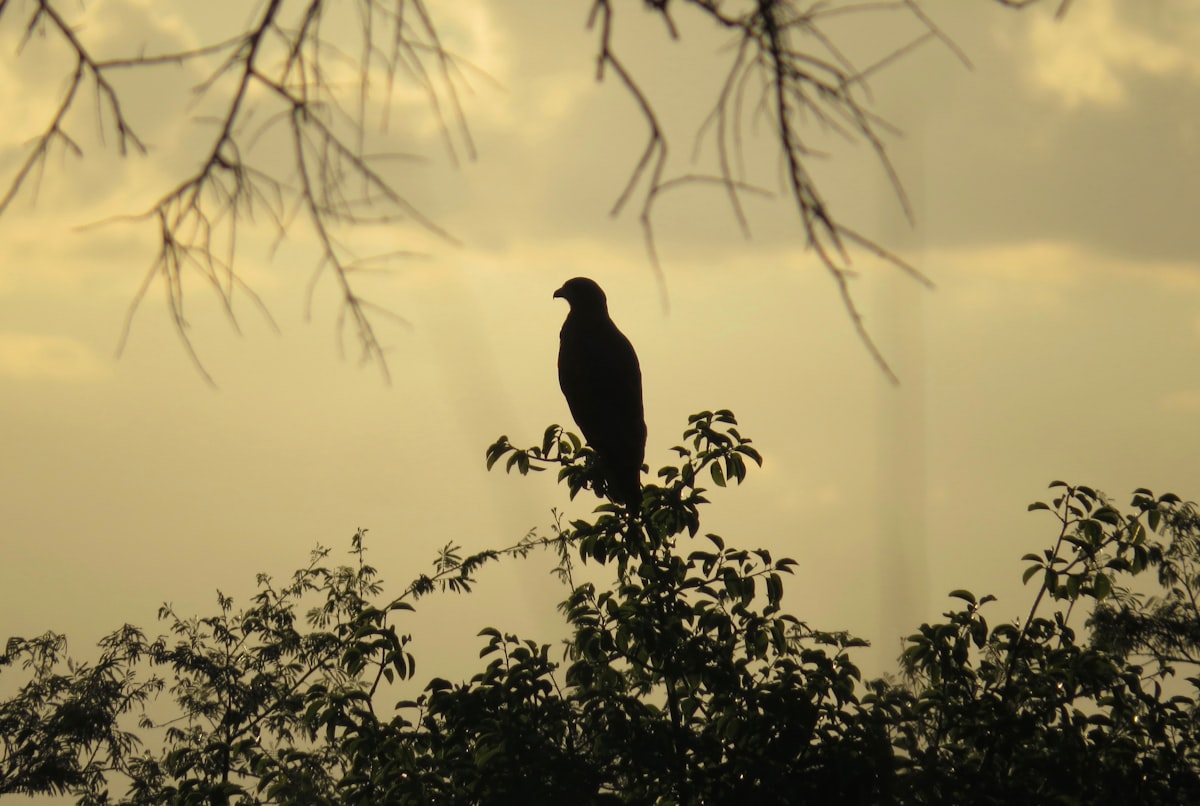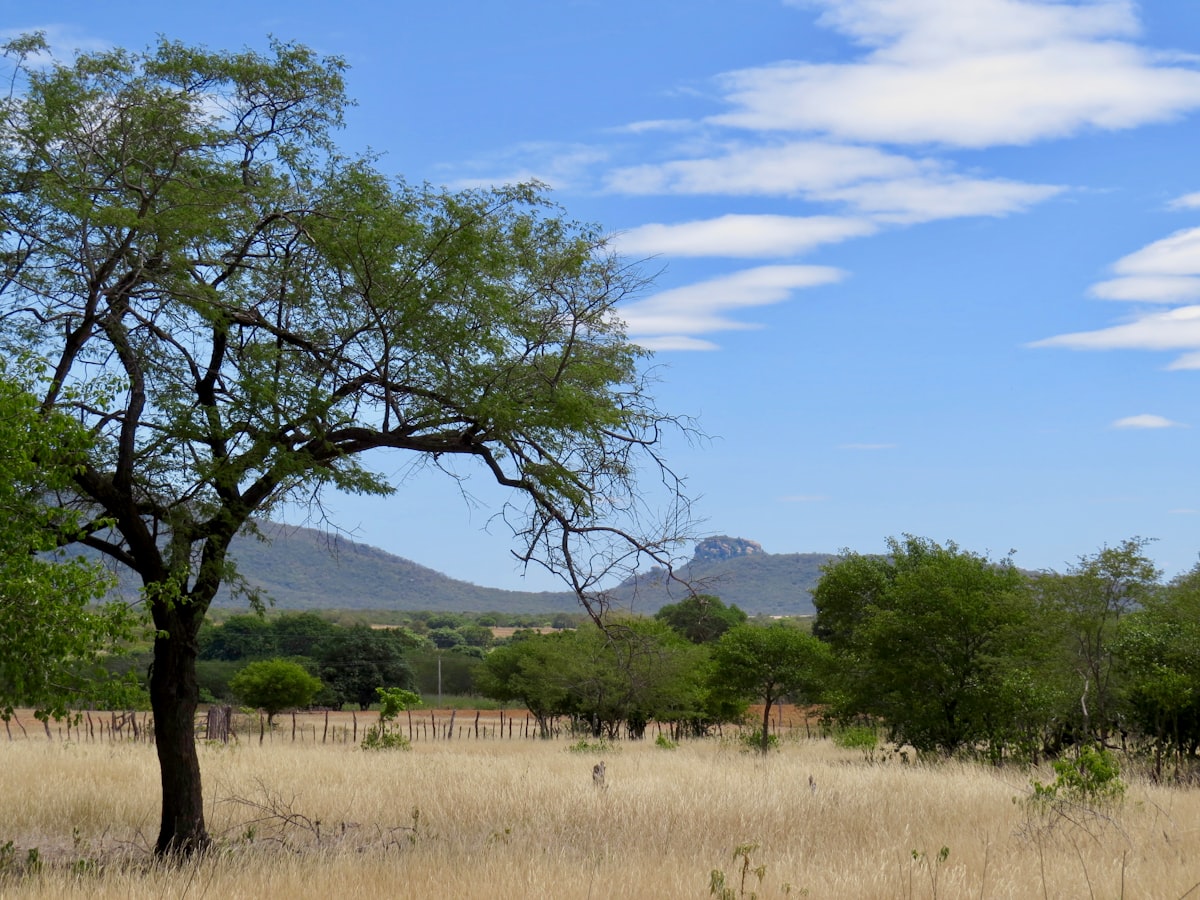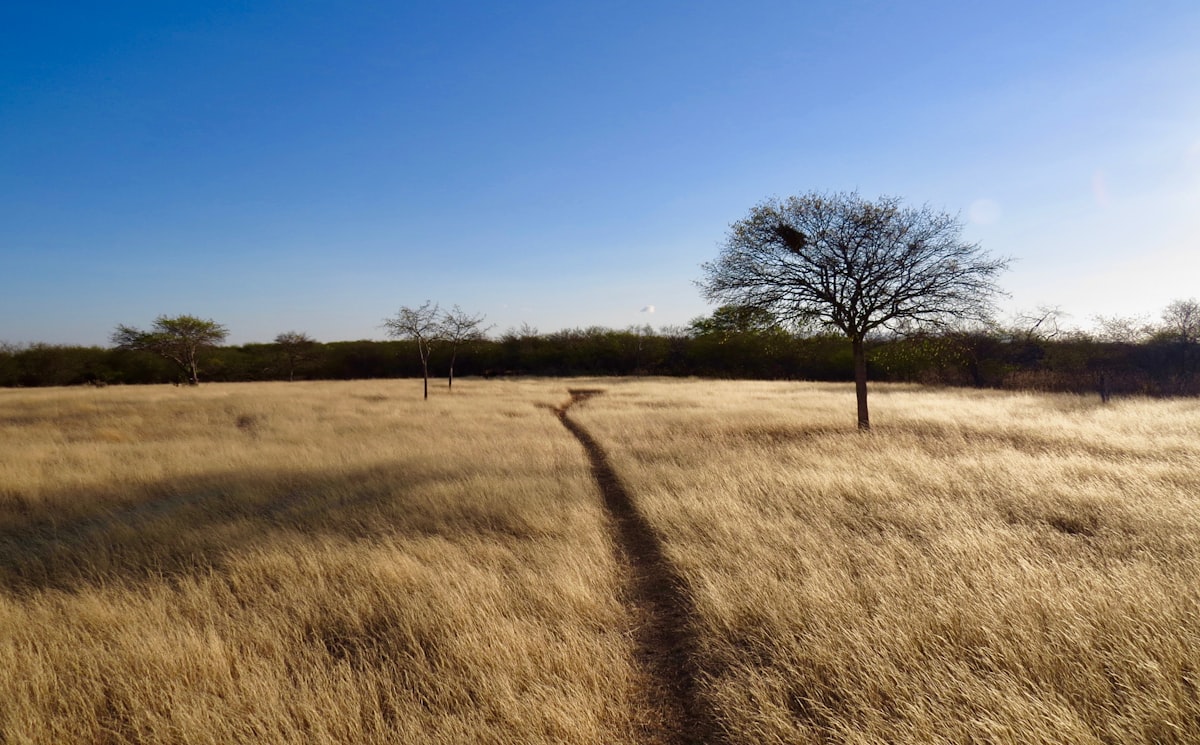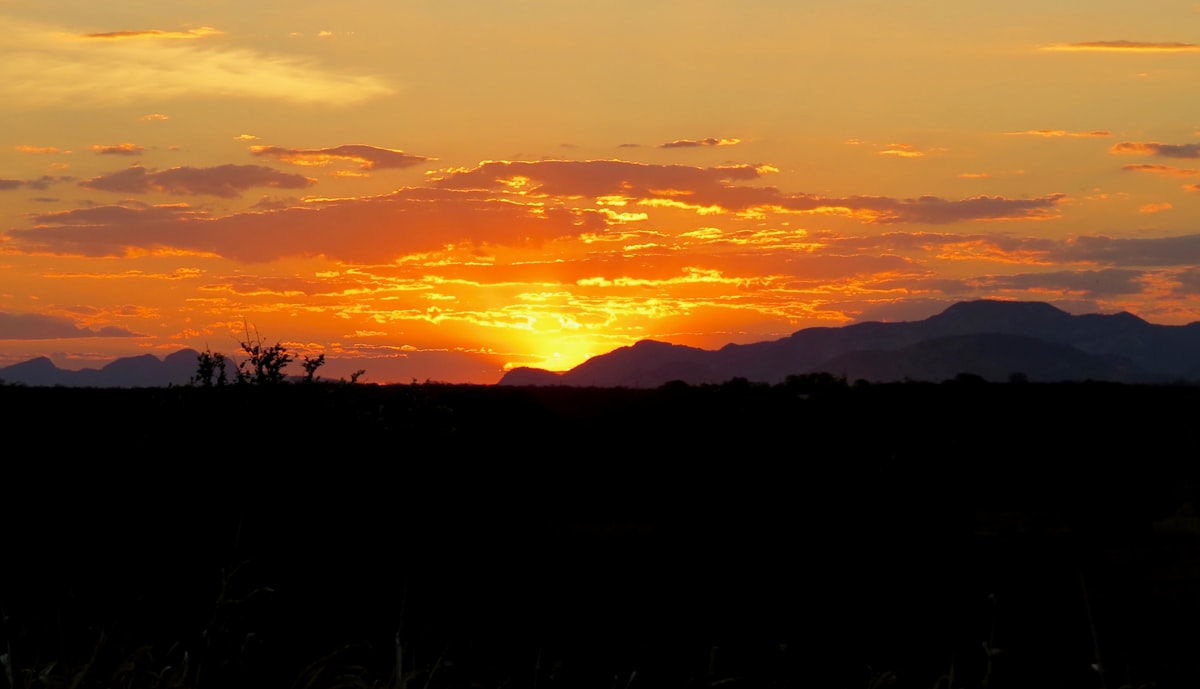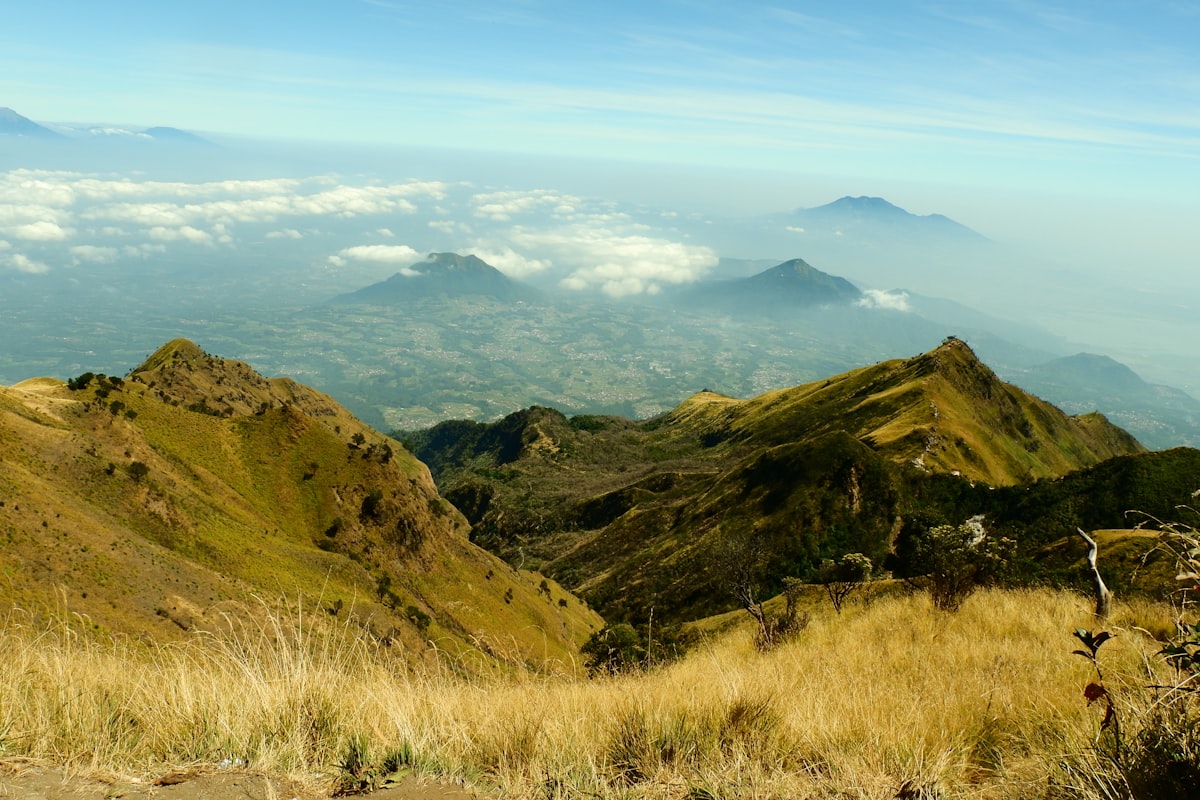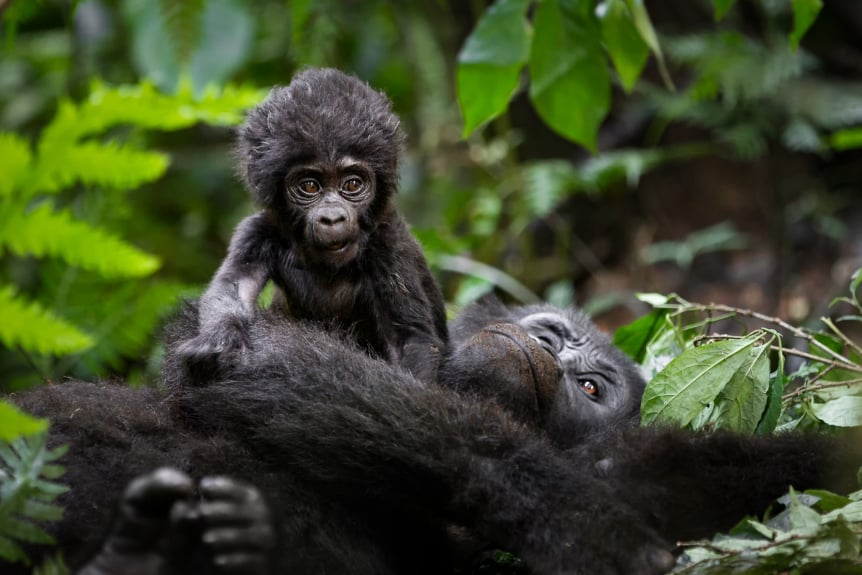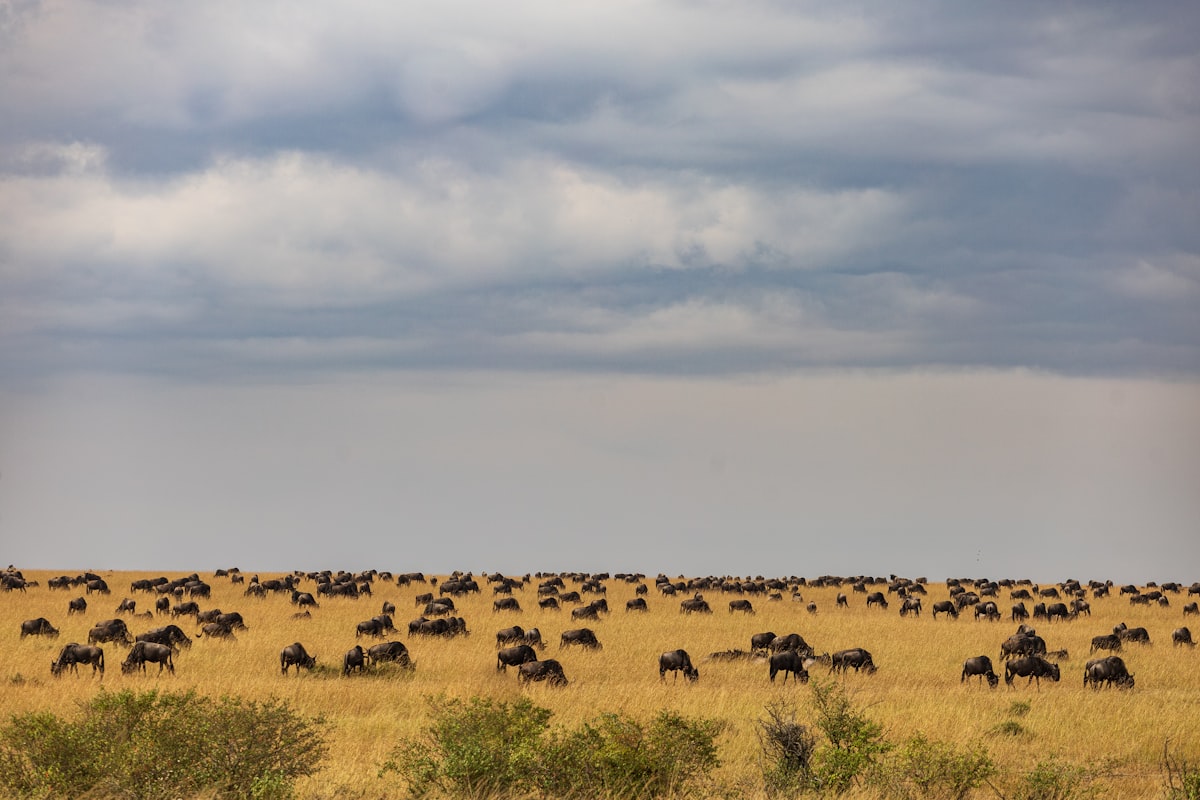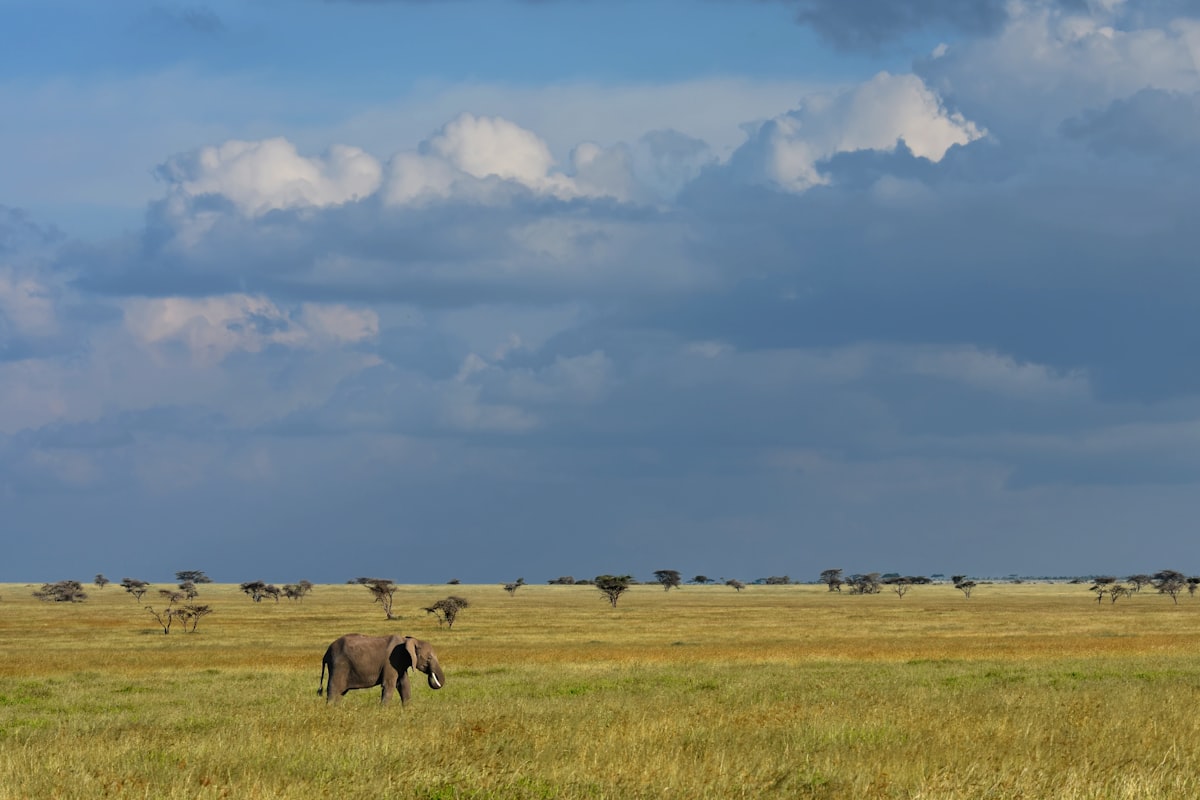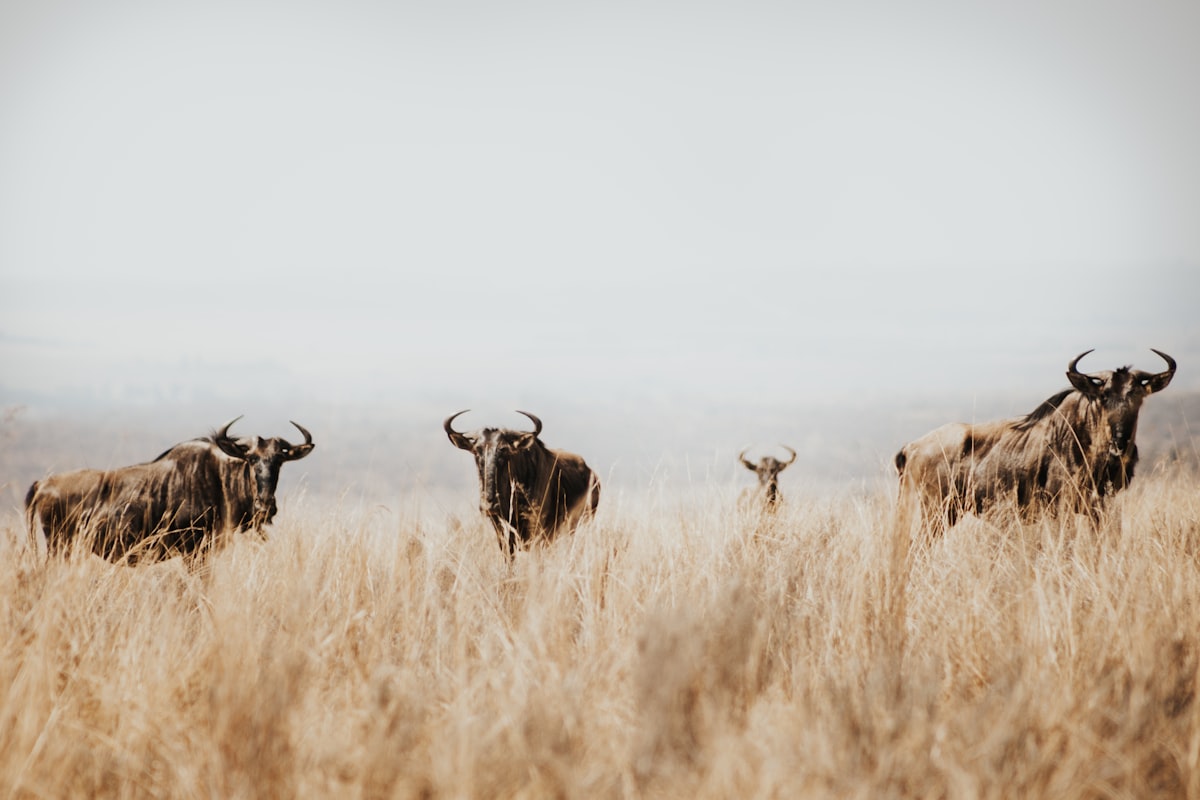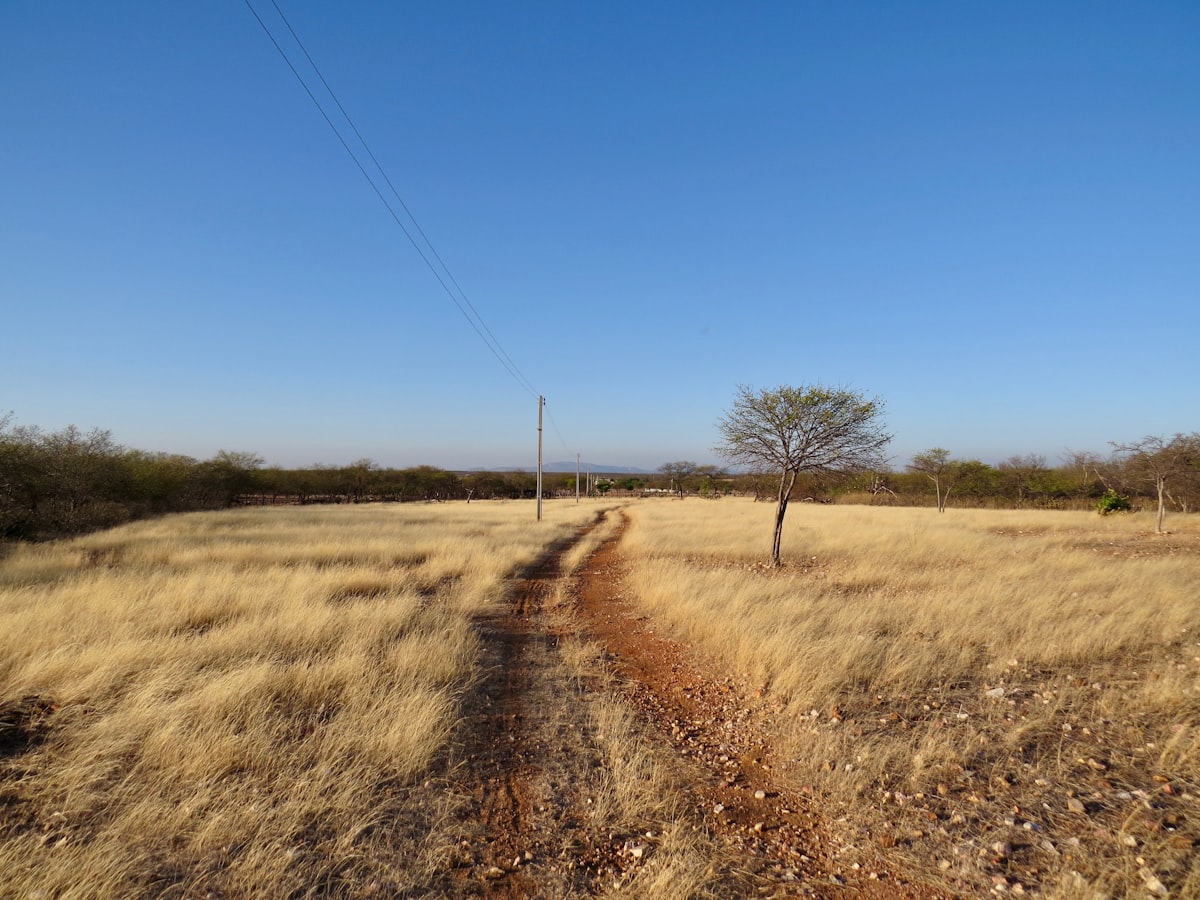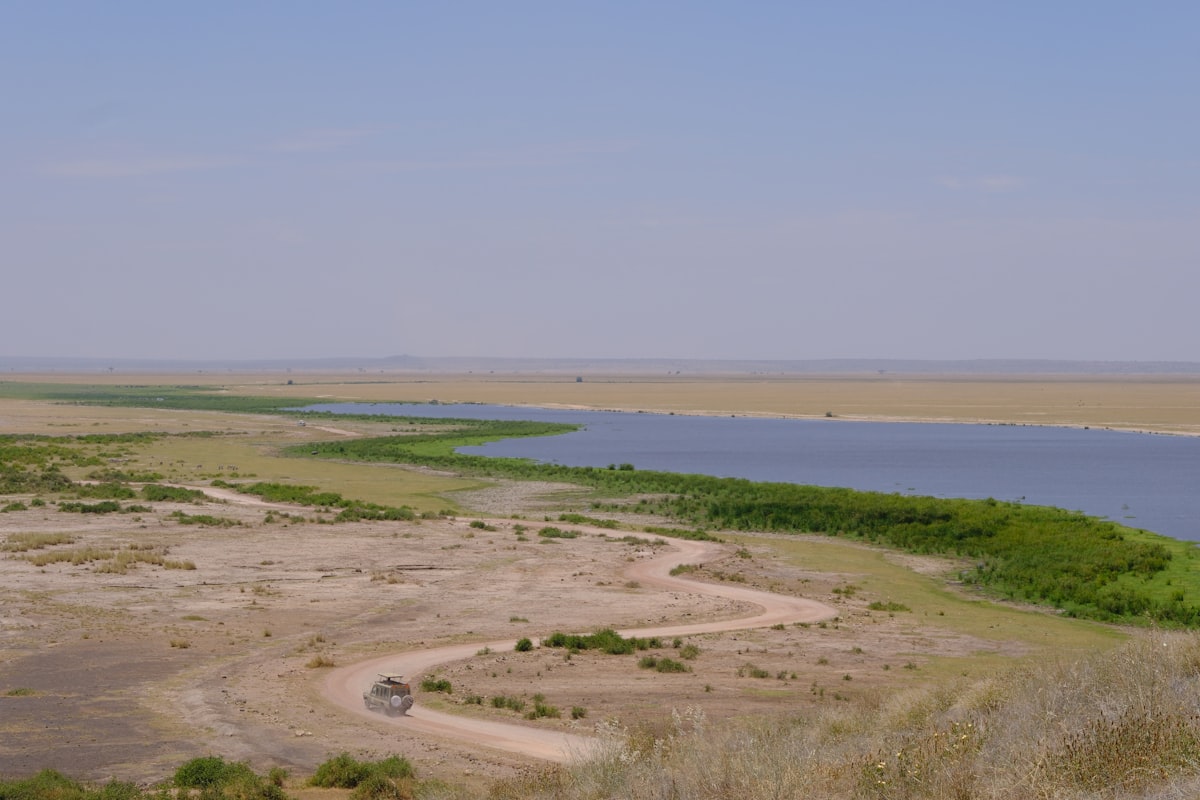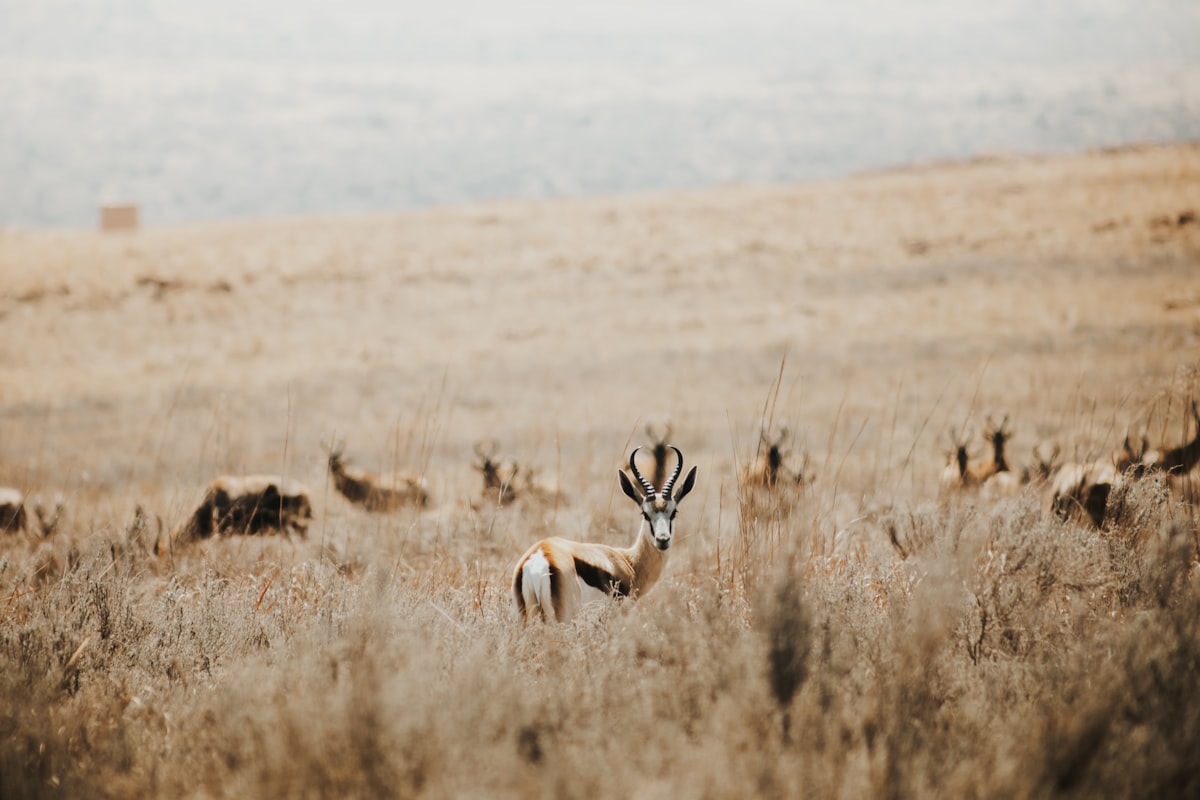Safari FAQs
Here you find the information to the most frequently asked questions. just click on the question or the arrow on the right to fold out the text.
The short answer:
The dry season (June–October) is generally the best time for classic wildlife viewing across Kenya and Tanzania — animals gather around waterholes, vegetation is thin and sightings are frequent. For the Great Migration, Northern Serengeti and Masai Mara peak sightings occur July–September (river crossings) and December–March (Calving in the southern Serengeti).
The seasons:
Dry season (Jun–Oct): Best overall for big-game sightings and photography. Fewer mosquitoes.
Great Migration windows: July–Sep (river crossings); Dec–Mar (calving in southern Serengeti).
Green/shoulder seasons (Nov–Dec, Mar–May): Lush landscapes, lower prices, excellent for birding and newborns; expect some rain.
Gorilla trekking (Uganda, Rwanda): Year-round, but drier months (Jun–Sep, Dec–Feb) are easier for trails.
Quick tips:
- Pick dates based on target species/events (migration, gorillas, birding).
- Book early for July–September.
- Pack for variable weather and early-morning game drives.
Contact us to tailor the perfect East Africa safari based on your preferred season and highlights.
Heading off on a safari in Kenya, Tanzania, Uganda or Rwanda is exciting — packing well makes it comfortable, safe and more enjoyable. Below is a clear, practical packing guide you can feature on your homepage to help travelers prepare.
Essentials:
- Passport & visas (plus photocopies and digital scans)
- Travel insurance documents and emergency contacts
- Airline tickets / e-tickets and itinerary printout
- Local currency (small notes) and a travel card; notify your bank
- Vaccination card (e.g., yellow fever if required) and any COVID documentation
- Prescription medications and a small first-aid kit
Clothing — comfort, layers and neutral colors:
- Lightweight, breathable shirts and long-sleeve shirts (sun and mosquito protection)
- Neutral-colored trousers and shorts (avoid bright colors/white)
- Lightweight fleece or jacket for early-morning/late-evening chill
- Wide-brim hat or cap and a buff or scarf
- Comfortable walking shoes or lightweight hiking boots and sandals for camp
- Swimwear (many lodges/camps have pools)
- Underwear and socks (quick-dry preferred)
- A light waterproof jacket or poncho (rain season)
Safari-specific items:
- Lightweight, neutral-colored safari jacket or vest with pockets
- Long-sleeve layering for sun and insects
- Binoculars (8x42 recommended) — essential for wildlife spotting
- Small daypack for game drives and walking excursions
- Compact travel water bottle (reusable) and a few water purification tablets as backup
- Soft-sided luggage or duffel (hard cases can be difficult in small charter flights)
- Small padlock for your bag
Health & insect protection:
- High-SPF sunscreen and lip balm with SPF
- Insect repellent with DEET or picaridin
- Anti-malarial medication (consult a travel clinic; regions vary)
- Rehydration salts and basic medicines for stomach upset
- Motion-sickness tablets (for bumpy roads or boat transfers)
- Hand sanitizer and antiseptic wipes
Photography & electronics:
- Camera with zoom lens (200–400mm ideal for wildlife) and plenty of memory cards
- Extra batteries and portable charger / power bank
- Universal travel adapter (East Africa uses types D/G/M — check specific country)
- Lightweight tripod or monopod (if you plan serious photography)
- Waterproof dry bag for electronics during rainy season or boat trips
Toiletries & comfort items:
- Biodegradable soap and quick-dry towel
- Moisturizer and after-sun lotion
- Small sewing kit, duct tape, earplugs and eye mask for light sleepers
- Travel pillow for long drives or flights
- Snacks for children or picky eaters (respect local park rules about food in vehicles)
Documents & safety extras:
- Emergency contact list (local guide, embassy, insurance)
- Copies of prescriptions for medications and eyewear
- A small flashlight or headlamp with spare batteries
- Local SIM card or an unlocked phone for purchasing airtime/data
Eco & cultural considerations:
- Reusable shopping bag and refillable toiletry containers
- Avoid single-use plastics where possible
- Dress modestly when visiting local villages; ask before photographing people
- Support local guides, porters and community-run initiatives
Packing tips & luggage advice:
- Pack light and in layers — space is limited on light aircraft and transfers
- Use soft-sided bags for domestic flights (charter luggage limits apply)
- Keep essential items, medication, documents and electronics in your carry-on
- Label your luggage and attach contact information both inside and out
- Leave valuable jewelry at home — keep valuables minimal and secure
Final reminders:
- Check specific park regulations and baggage limits with your operator (many charters limit baggage to 15–23 kg and a single soft bag)
- Confirm weather for your travel dates (wet/dry seasons affect clothing needs)
- Book a pre-travel medical consultation 4–6 weeks before departure for vaccinations and antimalarial advice
Planning a safari in Kenya, Tanzania, Uganda, Rwanda or nearby countries?
Before you go, get the right immunizations to protect your health and meet entry rules.
Essential / often required:
1. Yellow fever — Required if arriving from a yellow-fever risk country; many entry points may ask for an International Certificate of Vaccination. Strongly recommended if traveling within high-risk areas.
2. Routine vaccinations — Ensure you’re up to date on measles-mumps-rubella (MMR), diphtheria-tetanus-pertussis (DTaP/Tdap), polio, and your annual flu shot.
Recommended vaccinations:
1. Hepatitis A — Recommended for most travelers (food/water-borne risk).
2. Typhoid — Recommended, especially if eating local street food.
3. Hepatitis B — Recommended for longer stays or potential blood/medical exposure.
4. Rabies — Consider for extended rural travel, bush activities, or close animal contact (pre-exposure series).
5. Meningococcal meningitis — Recommended for some destinations/seasonal outbreaks; check country-specific guidance.
6. COVID-19 — Stay up to date with vaccinations per WHO/local entry rules.
Malaria prevention (not a vaccine):
There is no widely used malaria vaccine for routine travelers; take prescribed antimalarial prophylaxis based on destination, season, and personal health. Use mosquito nets and repellents.
Timing and practical tips:
- Visit a travel clinic 4–8 weeks before departure to allow vaccines and boosters to take effect.
- Carry your International Certificate of Vaccination (Yellow Fever card) if required.
- Bring insect repellent (DEET/PMD), long-sleeve clothing, and a good first-aid kit.
- Discuss pregnancy, chronic conditions, and medications with your clinician.
Book a consultation with a travel-health clinic or your doctor to get personalized vaccine advice and prescriptions before your East Africa safari.
Absolutely — we create fully personalized itineraries crafted around your interests, travel style, budget, and chosen destinations. Whether you want a luxury gorilla-trekking safari in Uganda, a family-friendly wildlife circuit in Kenya, a budget self-drive in Tanzania, or a bespoke multi-country East Africa adventure, our travel specialists design every detail: handpicked lodges and camps, optimal game-viewing routes, private transfers or guided tours, activity recommendations (game drives, gorilla and chimpanzee treks, cultural visits, hot-air ballooning), and practical logistics like timing, permits, and health or visa guidance. We balance must-see highlights with hidden gems to maximize wildlife encounters and local experiences while keeping costs and comfort preferences in mind.
Why choose a customized itinerary?
1. Tailored experiences: Activities and pacing that match your interests (wildlife photography, birding, family travel, luxury, or adventure).
2. Budget flexibility: Options across economy, mid-range, and luxury with transparent pricing.
3. Local expertise: On-the-ground knowledge to optimize routes and wildlife viewing seasons.
4. Stress-free planning: We handle permits, park fees, transport, and bookings so you can focus on enjoying the trip.
Contact us for a free consultation and sample itinerary — tell us your travel dates, group size, and interests, and we’ll craft a custom safari plan that fits your budget and dream destinations.
Our safari packages are designed for convenience, value, and unforgettable wildlife experiences. Most packages include the essential components you need for a seamless trip: comfortable accommodation (lodges, tented camps, or mobile camps), meals as specified in the itinerary, park and reserve entrance fees, a dedicated safari vehicle, and an experienced professional guide or driver-guide. These core inclusions ensure comfortable travel between parks, expert-led game drives, and hassle-free access to reserves.
What’s typically included:
- Accommodation: Handpicked lodges, safari camps, or tented camps selected to match your preferred comfort level.
- Meals: Breakfast, lunch, and dinner as specified; some packages include select drinks and picnic lunches on game drives.
- Park & conservation fees: Standard entrance and conservation fees required by national parks and reserves.
- Safari vehicle: 4x4 game-viewing vehicle equipped for game drives, photography, and comfort.
- Professional guide: Local, licensed guides with wildlife, cultural, and photographic expertise.
Variations & optional extras:
Package inclusions can vary by itinerary and price tier. Common optional add-ons include domestic flights, airport transfers, travel insurance, gorilla- and chimpanzee-permit fees, premium beverages, laundry, gratuities, private transfers, and special activities (hot-air balloon rides, cultural visits, spa treatments).
We always list specific inclusions and exclusions for each package so you know exactly what’s covered.
Why this matters:
Clear, upfront inclusions save you time and prevent surprises. Knowing what’s included helps you compare packages, budget accurately, and choose the right level of comfort and service for your safari.
Want a detailed inclusions list for a specific itinerary?
Contact us with your travel dates and preferred package level and we’ll send a full breakdown and quote.
